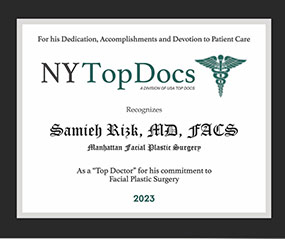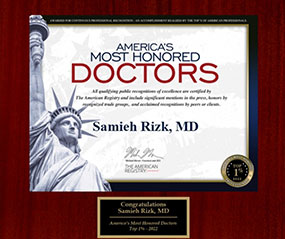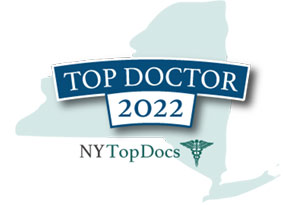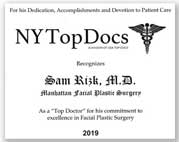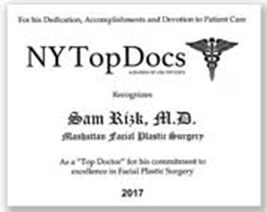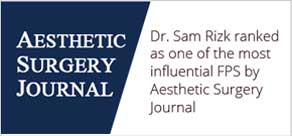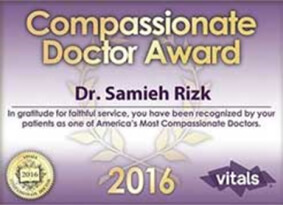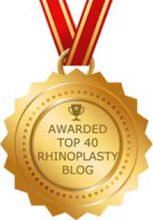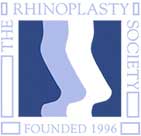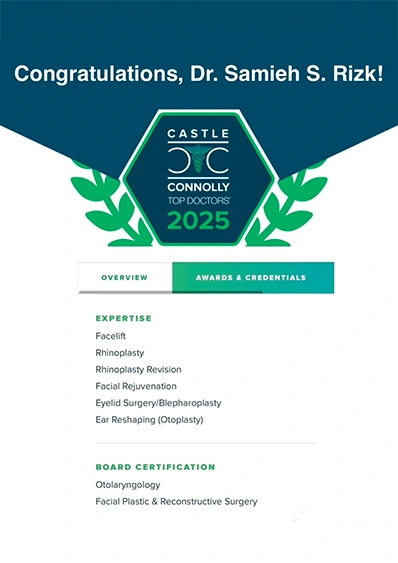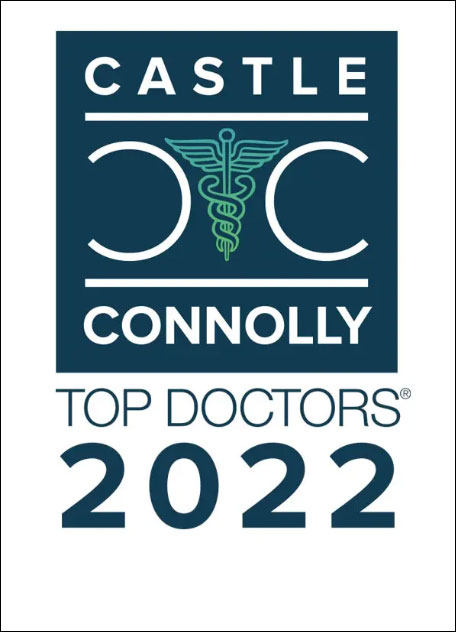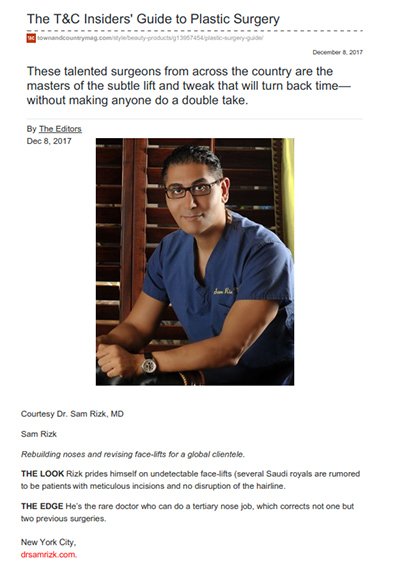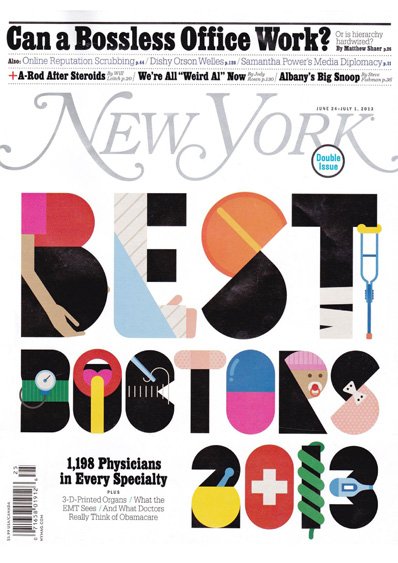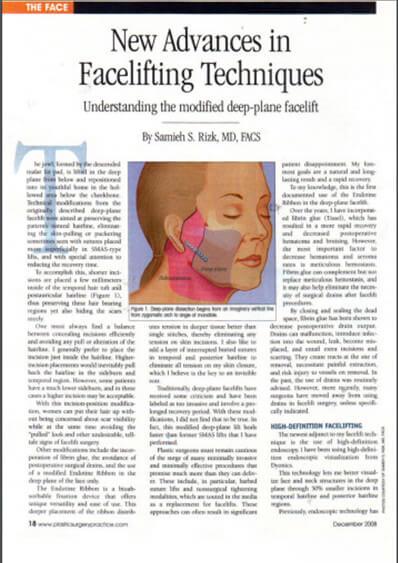What is a Deviated Septum?
A deviated septum occurs when the wall dividing your nasal passages is significantly off-center, often causing breathing difficulties and chronic sinus issues.
Several factors can lead to septal deviation, ranging from genetic predisposition to facial trauma. Some patients experience chronic breathing problems like persistent congestion, while others may develop recurring sinus infections.
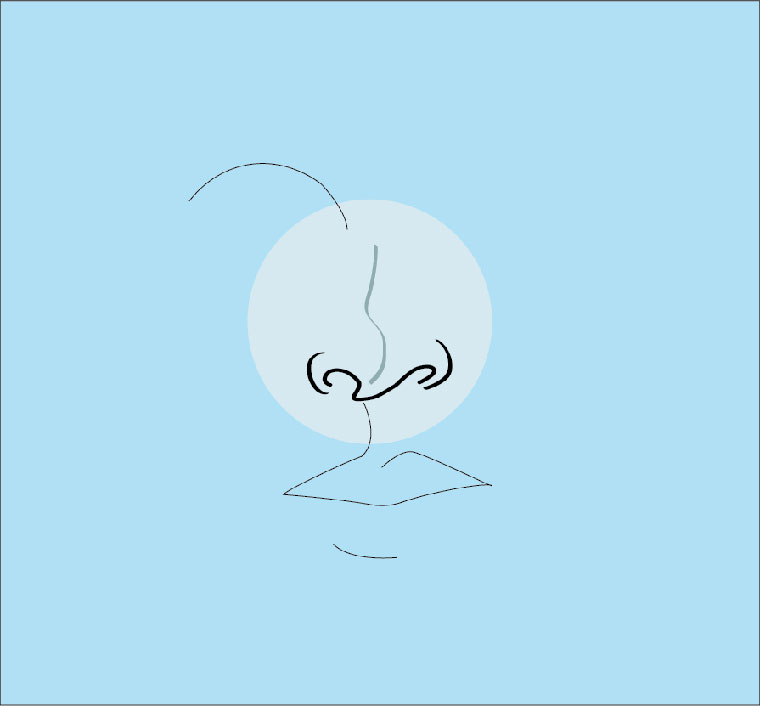
Causes Of a Deviated Septum
Dr. Rizk explains that many factors can contribute to a deviated septum, including the following:
Congenital Development: Some people are born with a deviated septum due to genetic factors or developmental variations. This misalignment may become more noticeable during adolescence as facial features continue to develop, often leading to progressive breathing difficulties.
Facial Trauma: Physical impacts from sports injuries, accidents, or falls can cause immediate septal deviation. These injuries often require specialized correction to restore both alignment and proper airflow.
Medical Conditions: Certain conditions can affect septal alignment:
- Nasal polyps causing structural changes
- Inflammatory processes affecting nasal tissues
- Chronic sinus infections leading to gradual deviation
- Tumors (rarely) causing septal displacement
If you’re looking for a more permanent solution that can improve your breathing and overall health, contact Dr. Rizk today to learn more about correcting your deviated septum with septoplasty surgery.
How Can a Deviated Septum Be Fixed?
A deviated septum can be corrected with a specialized procedure called septoplasty. Through septoplasty, Dr. Rizk carefully realigns the septal wall of the nose to restore proper airflow and relieve breathing problems.
He performs minimally invasive deviated septum nose job at his Park Avenue facility, using techniques that minimize scarring and enhance patient comfort. His approach combines precise measurements of tip angle and nasal rotation to ensure optimal breathing function while maintaining facial harmony.
For patients seeking both functional and aesthetic improvements, Dr. Rizk can enhance their overall nasal appearance during the same procedure.
Essential Components of Successful Septoplasty in New York:
Before surgery, Dr. Rizk conducts a detailed imaging analysis to measure your septal deviation and surrounding nasal structures. This precise pre-surgical evaluation allows him to plan the most effective approach for your specific case.
The procedure includes these essential steps:
- Minimally invasive access through hidden incisions
- Careful measurement of nasal angles and rotation
- Precise septal cartilage repositioning
- Strategic bone realignment when needed
- Preservation of vital support structures
- Integration of aesthetic refinements if desired
By carefully following these steps, Dr. Rizk ensures patients experience both improved nasal breathing and enhanced facial harmony. His precise measurements of tip angle and nasal rotation during surgery help achieve a balanced, natural-looking result while optimizing airflow through both nasal passages.
How Complex is Septum Surgery in NYC?
Most deviated septum corrections can be performed as minimally invasive procedures. The specific surgical approach depends on:
- Your septal deviation severity
- Existing breathing difficulties
- Overall nasal structure
- Any previous nasal surgeries
At his Park Avenue facility, Dr. Rizk uses advanced imaging to plan precise corrections, particularly for complex cases involving both functional and cosmetic concerns. His comprehensive approach includes:
- Detailed measurements of nasal angles
- Precise assessment of septum position
- Evaluation of breathing passages
- Analysis of Aesthetic Considerations
When necessary, he can combine septoplasty with rhinoplasty for complete nasal refinement. This dual approach helps patients achieve improved breathing while enhancing their facial profile through careful adjustment of tip angles and bridge alignment.
Why Choose Dr. Rizk For Your Deviated Septum Surgery?
Dr. Rizk is considered one of the best facial plastic surgeons to consult when it comes to treating deviated septum because he has an extensive background in rhinoplasty, facial surgery, and reconstructive surgery.
Certified by the American Board of Facial Plastic Surgery and the ABOHNS , Dr. Rizk uses advanced septoplasty techniques and technologies to ensure optimal, natural-looking results. If you want to look forward to loving your reflection in the mirror, then book an appointment at (212) 452 3362 today!
What truly sets Dr. Rizk apart is his comprehensive understanding of both functional and aesthetic nasal surgery. His expertise has attracted patients globally, seeking relief from chronic breathing difficulties. View his successful surgical outcomes in our before and after gallery.
Awards & Certifications
Septum Surgery Procedure
Thorough Initial Assessment
During your first visit, Dr. Rizk measures your septal position, tip angles, and nasal rotation using specialized imaging techniques. This precise analysis helps identify both breathing obstacles and opportunities for aesthetic refinements.
Personalized Surgical Strategy
Based on your evaluation, Dr. Rizk develops a personalized surgical plan that addresses your specific needs. This includes assessing the severity of your deviated septum, current breathing difficulties, and any aesthetic improvements you desire. For patients with previous nasal surgeries, he carefully evaluates existing structural changes to ensure the best outcomes.
Advanced Surgical Process
In his JCAHO-accredited facility, Dr. Rizk performs septoplasty using minimally invasive techniques that minimize scarring. His approach includes precise cartilage reshaping and specialized reconstruction methods that optimize both form and function.
Most operation recovery times are brief, with patients typically resuming normal activities within 7-10 days. For patients seeking both functional and aesthetic improvements, he can integrate cosmetic refinements during the same procedure.
Schedule Your Consultation with NYC’s Leading Septoplasty Expert
Struggling with breathing difficulties or chronic sinus issues? Dr. Rizk’s expertise in advanced septoplasty techniques make him the best deviated septum surgeon who has helped countless patients restore proper nasal function and comfort. Contact our Park Avenue office today to schedule your personalized consultation.
Still Have Questions?
Discover the answers to your nose-related questions in our comprehensive list of frequently asked questions.
Frequently Asked Questions
What exactly is a deviated septum?
A deviated septum occurs when the wall dividing your nasal passages is off-center. This condition impacts both breathing and quality of life, often causing chronic sinus infections and sleep difficulties. Dr. Rizk uses detailed imaging to assess the severity and determine the best approach.
What happens during recovery?
Recovery involves wearing a protective splint for about a week. Most patients return to work within 7-10 days. While initial breathing improvement is noticeable immediately, complete deviated septum operation recovery takes several months as internal healing continues.
Can previous unsuccessful septum surgeries be corrected?
Yes. Dr. Rizk frequently helps patients who had unsuccessful previous surgeries. His comprehensive approach ensures optimal results even in complex cases.
Will I experience breathing improvements?
Most patients report significant breathing improvement after surgery. Correcting the deviated septum typically resolves chronic nasal obstruction and reduces sinus infections.
What aesthetic changes can I expect?
While septoplasty focuses primarily on internal correction, Dr. Rizk can combine the procedure with subtle external refinements when desired. His precise measurements of tip angle and bridge alignment ensure natural-looking results.
Dr. Rizk in the Media
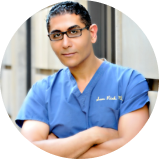
By Dr. Sam S. Rizk, M.D., FACS.
Dr. Rizk is a double board-certified facial plastic surgeon who specializes in rhinoplasty surgery and a recognized expert on the latest advances in facial plastic surgery techniques. He performs a range of facial plastic surgeries at his New York practice.

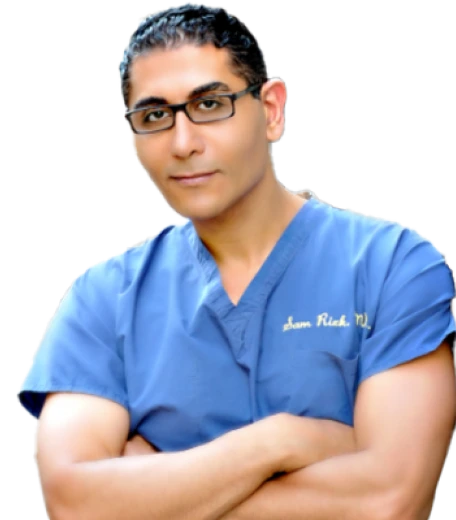
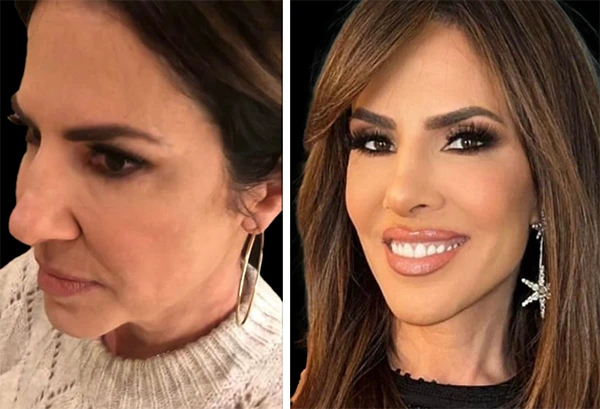
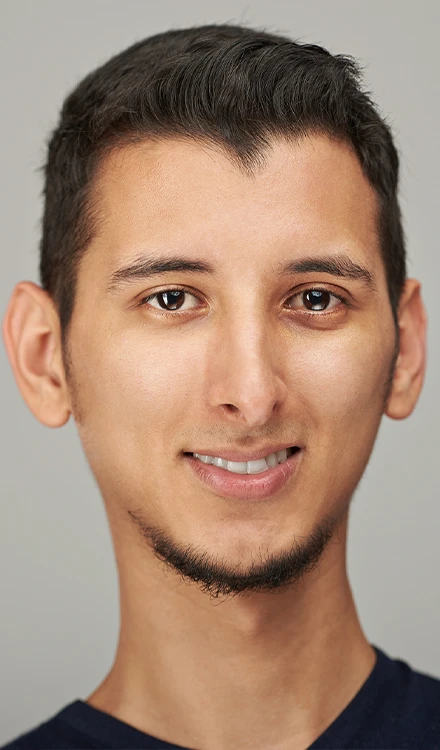
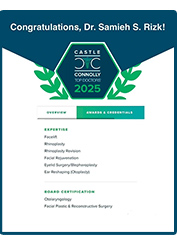
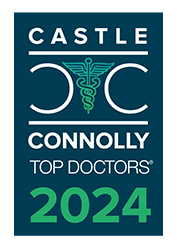

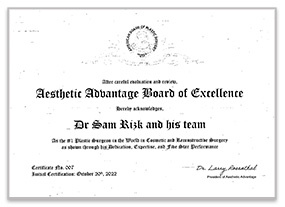
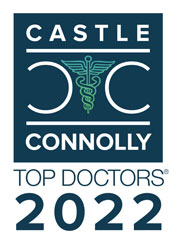

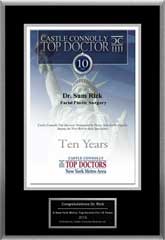
2.jpg)
